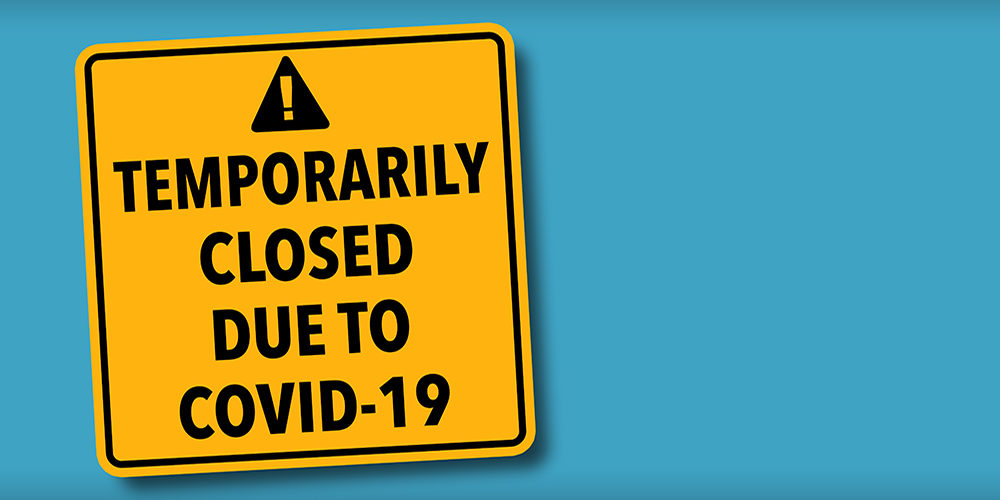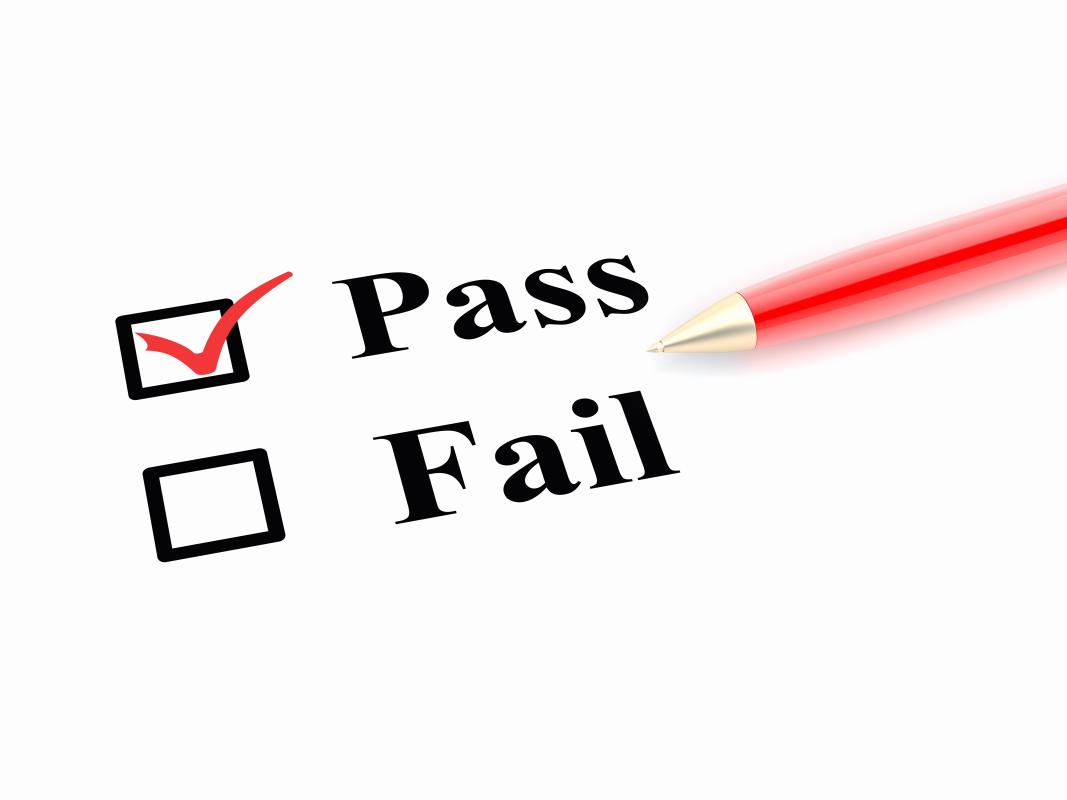Watching “Big City Life” reminded me of Kelly Thomas, a schizophrenic homeless man killed by police officers in Fullerton, Calif. three years ago.
Thomas had been looking at customers of a restaurant through a window when officers Manuel Ramos and Jay Cicinelli were called by the owners. Both officers attempted to talk with Thomas, who could not understand and therefore comply with them. Growing increasingly frustrated, both officers began to beat Thomas aggressively with their batons. Officer Cicinelli used his taser on Thomas as he cried out for help from his father.
Thomas died as a result of his injuries. Both officers were found not guilty of murder last January.
Homelessness takes many forms in our society and while New York City has more than eight million people, homelessness can be found in this metropolitan area and has grown 73 percent since 2002, according to Coalition for the Homeless.
“In recent years, homelessness in New York City has reached the highest levels since the Great Depression of the 1930s,” the organization’s website states.
Food insecurity is not separate from this issue as it has also risen at the same time. Recent budget cuts to the Supplemental Nutrition Assistance Program, more commonly known as food stamps, have forced Americans to decide what should be a priority for their budget. According to a Sept. 12, 2013 Gallup poll, one in five Americans have grappled with the issue of food affordability.
It is no surprise this is occurring at the same time a separate class of Americans gain an incessant stream of revenue as the income divide continues to grow. According to a Feb. 19, 2014 report from Economic Policy Institute, from 1979 to 2007, the top one percent gained 53.9 percent of the total income. In New York, based on the same time frame, the top one percent gained 67.9 percent.
The world is also facing this crisis. An Oxfam International report released on Jan. 20, 2014 found 85 people on our planet control more wealth than the poorest half of the world. If this does not constitute a profound crisis, then nothing will.
Students are also facing this dilemma as an Associated Press story found that more than $1 trillion student debt figure has been “widening the U.S. wealth gap.”
The threat of homelessness and hunger is now an issue millions of Americans face after a recession caused by Wall Street greed. In the same manner the homeless are punished for another’s mistake, Americans are punished for someone’s error.
Yet, this is a component of the capitalist system as it demands inequality. Jon Favreau, President Barack Obama’s former speechwriter, clearly stated this to the Associated Press when speaking on Obama’s shift from income inequality to opportunity in this year’s State of the Union address.
“Any capitalist country has inequality and that in itself is not necessarily a bad thing,” Favreau said.
The divide will continue and issues like these will still allow a marginalized segment of our society to exist. I cannot help but feel the words Martin Luther King Jr. said in his “Beyond Vietnam” speech at Riverside Church in New York City on April 4, 1967 are more relevant than ever.
“I am convinced that if we are to get on the right side of the world revolution, we as a nation must undergo a radical revolution of values,” King said.
I think of Kelly Thomas and others like him, who are killed despite crying for help, holding onto hope. As long as we have a system built on needless accumulation and exploitation, they will die hopeless.













